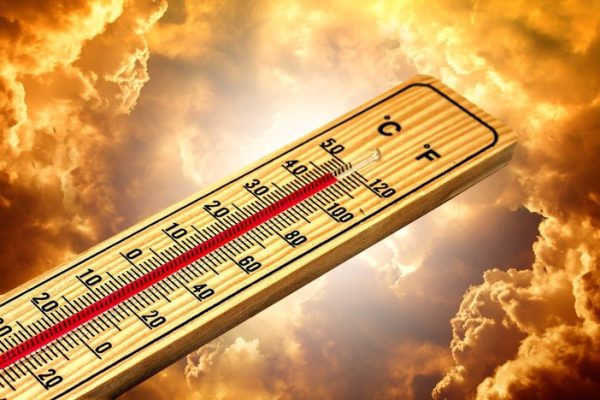
Exposure To Too Much Heat Can Result In Heat Related Heart Attack
Some people like to sit, walk, exercise, and enjoy exposure to hot weather. While exposure to Sunlight is good for our body, it is important to know that when there is too much heat outside it can be fatal in the form of heart attack. Some enjoy sitting in sauna during cold weather or after exercising. If you sit in sauna for prolonged time, it is also not good for health. Likewise, a very hot shower or hot bath is also not good for the heart condition. It is important to be mindful of the potential dangers of extreme heat, especially if you or someone you know has a history of heart problems.
Heat-related heart attacks, also known as heat-induced or heat-triggered heart attacks, occur when high temperatures and extreme heat put added stress on the cardiovascular system. The heat can exacerbate underlying heart conditions and increase the risk of a heart attack.
How exposure to too much heat can result in heart attacks?
Dehydration and blood pressure: High temperatures can lead to dehydration, which in turn can cause a drop in blood pressure. Lower blood pressure can strain the heart and increase the risk of a heart attack, especially in individuals with pre-existing heart conditions.
Increased heart rate: Heat can cause the heart rate to increase as the body tries to cool itself. This can be problematic for individuals with heart conditions, as the heart is already working harder than normal.
Electrolyte imbalance: Prolonged exposure to heat can lead to an electrolyte imbalance, particularly a loss of sodium and potassium. This can disrupt the heart’s electrical system, potentially triggering arrhythmias, or other cardiac issues.
Blood vessel dilation: Heat can cause blood vessels to dilate, which may lead to a drop in blood pressure. For individuals with compromised blood vessels, this can increase the risk of heart attacks. For example, hot showers can cause a temporary drop in blood pressure due to vasodilation (widening of blood vessels). While this can be relaxing, it may not be suitable for individuals with low blood pressure or certain heart conditions.
Heat exhaustion and heat stroke: Extreme heat can lead to heat exhaustion and heat stroke, both of which can be serious medical conditions. These conditions put additional stress on the heart and can lead to cardiovascular complications.
Risk factors: Certain individuals are at higher risk of heat-related heart attacks, including those with pre-existing heart conditions, the elderly, young children, and individuals taking certain medications that affect heart function.
To reduce the risk of heat-related heart attacks:
- Stay hydrated by drinking plenty of water.
- Avoid strenuous physical activity during the hottest parts of the day.
- Wear lightweight, breathable clothing.
- Seek shade or air-conditioned environments during extreme heat.
- Keep the water temperature warm rather than extremely hot.
- Limit the duration of your showers to avoid excessive moisture loss from your skin.
- Use moisturizing soaps and apply moisturizer after a shower to combat dryness.
- Be mindful of the water and outside temperature, especially if you have sensitive skin, heart conditions, or low blood pressure.
- If you have a known heart condition, follow your doctor’s advice for managing it during hot weather.
If you suspect someone is experiencing a heart attack or heat-related illness, seek medical help immediately.
Image credit: Image by Gerd Altmann from Pixabay ; https://pixabay.com/illustrations/thermometer-summer-hot-heat-sun-4767445/ (Free for commercial use)
Author: Sumana Rao | Posted on: November 1, 2023
« Managing And Overcoming Side Effects of Chemotherapy Best Foods for Migraine Headache Relief »






















Write a comment